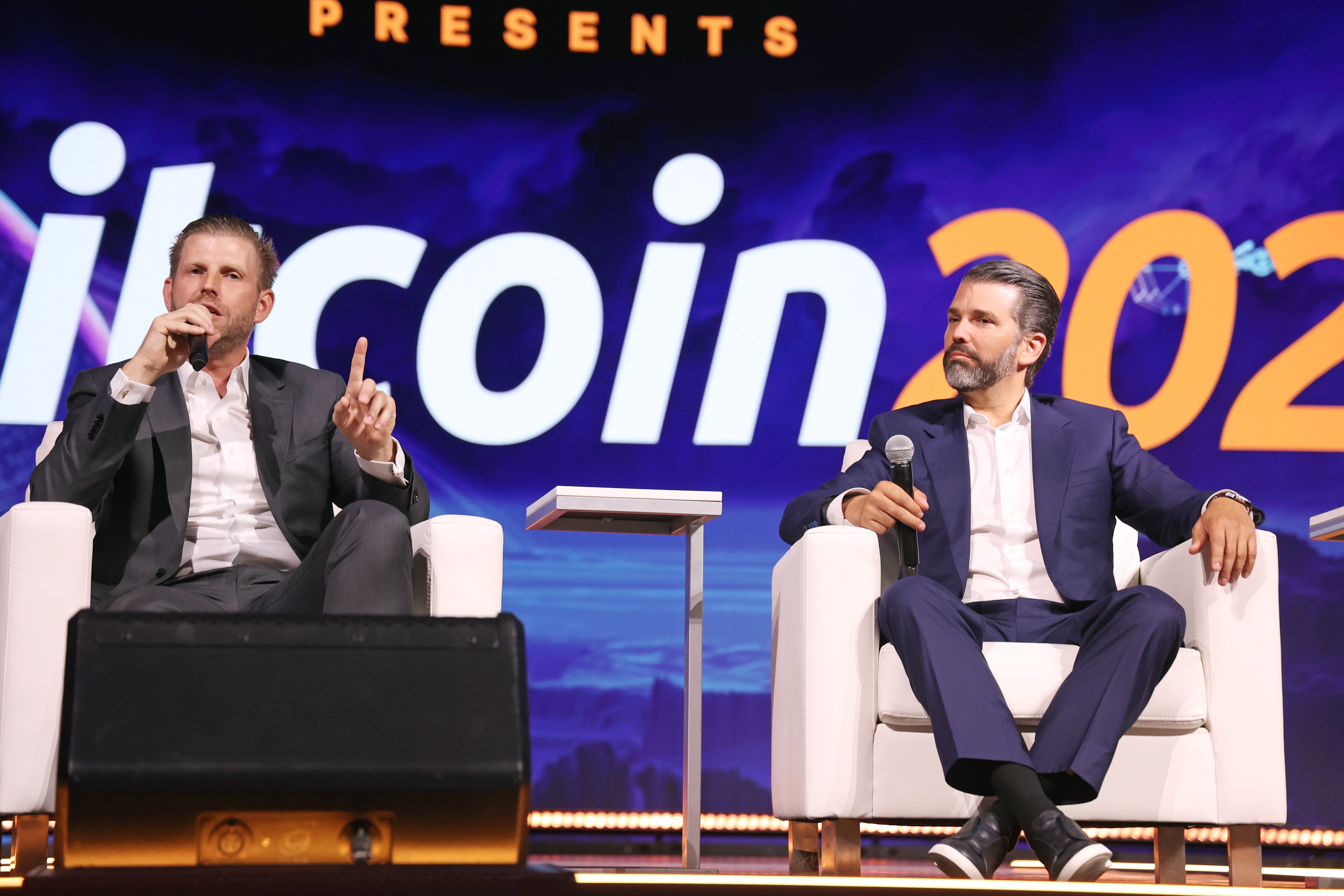A dominant pizza chain revolutionised consumption by guaranteeing 30-minute delivery over the phone. Mobile applications have accelerated from e to q of commerce with a domino effect seen from essentials, such as lifesaving medicines and last-minute groceries, to indulgent midnight snacks. The convenience of everything coming to our doorsteps has changed consumer expectations from assurance to instant gratification for even non-essential items.
A dominant pizza chain revolutionised consumption by guaranteeing 30-minute delivery over the phone. Mobile applications have accelerated from e to q of commerce with a domino effect seen from essentials, such as lifesaving medicines and last-minute groceries, to indulgent midnight snacks. The convenience of everything coming to our doorsteps has changed consumer expectations from assurance to instant gratification for even non-essential items.
Movement restrictions during the Covid pandemic provided an impetus for delivery of essential staples from fresh vegetables and fruits to groceries and fast-moving consumer goods. Even though a leading e-commerce giant in a-z categories ranging from electronics to apparel, pivoted from same-day to delivering regular staples in hours, deterrents such as minimum order value to wait time restricted fulfillment. While the daily subscription for staples was seized by a few startups, the market for instant delivery continued to remain unexplored.
Post-Covid, the long queues in hypermarkets and increased wait times across popular restaurants, especially on weekends, became a regular phenomenon, the need for an efficient and more convenient service emerged. Thus, the pioneers of ultrafast delivery of groceries, FMCG, and perishable items also promised piping hot meals in under 10 minutes. Whether it has affected the instant noodle and coffee markets remains to be seen, as the agile new-age companies selling convenience have started making dents in sales of brick and mortar establishments.
Q-commerce holds a distinct edge that has fuelled its meteoric rise. First, it operates beyond the constraints of traditional retail hours, offering delivery at any time—even when shops and malls are shuttered. This 24/7 availability is a boon for consumers who value convenience above all.
Second, it provides an unparalleled platform for marketing new-age products and brands. With digital advertisements seamlessly integrated into their apps, businesses can enjoy better margins and higher visibility.
Third, efficiency is a cornerstone of q-commerce. Bulk orders enable credits from manufacturers, while smart distribution based on consumption patterns optimises stock-keeping. This ensures customers find their preferred brands readily available while saving time.
Lastly, q-commerce is not limited to selling products, but also providing emergency services such as ambulances. It has enabled opportunities for collaboration of high-value items and services that can be instantly delivered. For a generation that craves instant results and has a fleeting attention span, q-commerce has become a boundaryless shop, selling speed as its ultimate product.
The obsession with speed could be blamed on a cocktail of pandemic-fuelled habits and modern-day impatience. As the routine of the daily grind shatters the mental bandwidth, the allure of saving time becomes irresistible. Need an ingredient for tonight’s dinner? Or a gadget to stave off boredom? As q-commerce expands, it’s also transforming consumer behaviour. Impulse buying has surged, as the need for physically going to a store or even waiting for a standard delivery reduces. Weekly planning—the cornerstone of household budgeting—is becoming less relevant as smaller, more frequent purchases increases owing to the forgetful nature of the human mind. Meanwhile, performance marketing has emerged as a catalyst, influencing consumer decisions with targeted ads and enticing offers that tap into the psyche of immediacy, shaped by whispering voices echoing, “Why wait?”
Economically, q-commerce is a mixed bag. Roads inundated with speeding vehicles of delivery partners donning distinct colours of t-shirts and boxes of the quick commerce giants indicates a flourishing gig economy, offering work to millions. In this high-speed chase, who’s winning? While the traditional retailers struggle to compete with the aggressive pricing, choice and convenience offered by their app-based counterparts, the visibility and acceptance for new brands and goods categories has fuelled entrepreneurship. Digital platforms also enable new brands to receive customer feedback, run targeted marketing campaigns and acquire new customers. Some of these brands and products are manufactured in smaller towns, where the indigenously grown q-commerce is yet to percolate.
So, is slow and steady truly losing the race? Or is it simply running in circles? Speed has its charms, but what good is convenience if it comes at the cost of environmental health and equitable access? Q-commerce epitomises the urban planning ideal of the 15-minute city, compressing accessibility and convenience into a 10-minute delivery model. It blurs the fine lines between land use and reshapes urban living by bringing virtually everything to our doorsteps. Digital disruption has unlocked livability in megacities and redefined our relationship with time and space. However, the implications on human nature—encouraging passive lifestyles and reducing attention spans—are profound across age groups. The charm of speed must not come at the cost of quality. With thoughtful policies, bold innovation, and a touch of humanity, this fast-paced industry can find its footing. Let’s ensure that we don’t lose sight of what truly matters in our quest for speed.
Dr. Kush Mohan Mittal is lead at Centre for Future Mobility at OMI Foundation.
Roshan Toshniwal is Head, Centre for Future Mobility at OMI Foundation.
Disclaimer: The views expressed here are those of the author, and do not necessarily represent the views of NDTV Profit or its editorial team.
 RECOMMENDED FOR YOU
RECOMMENDED FOR YOU
.jpeg?rect=0%2C0%2C3500%2C1969&w=75)
Britannia Expects Half Of Its Sales From Rural Markets In Next 3-4 Years, Says MD Varun Berry
 Sep 07, 2025
Sep 07, 2025

IPO Tracker: Urban Company IPO Among Three Mainboard Issues; Six SME Offers To Hit D-Street This Week
 Sep 07, 2025
Sep 07, 2025

Urban Company IPO GMP At 18% Ahead Of Opening Next Week; Check Expected Listing Price
 Sep 05, 2025
Sep 05, 2025

Fact Check: Has Registered Post Service Been Discontinued? India Post Refutes Viral Claim
 Aug 08, 2025
Aug 08, 2025

 Sign Up with Google
Sign Up with Google




